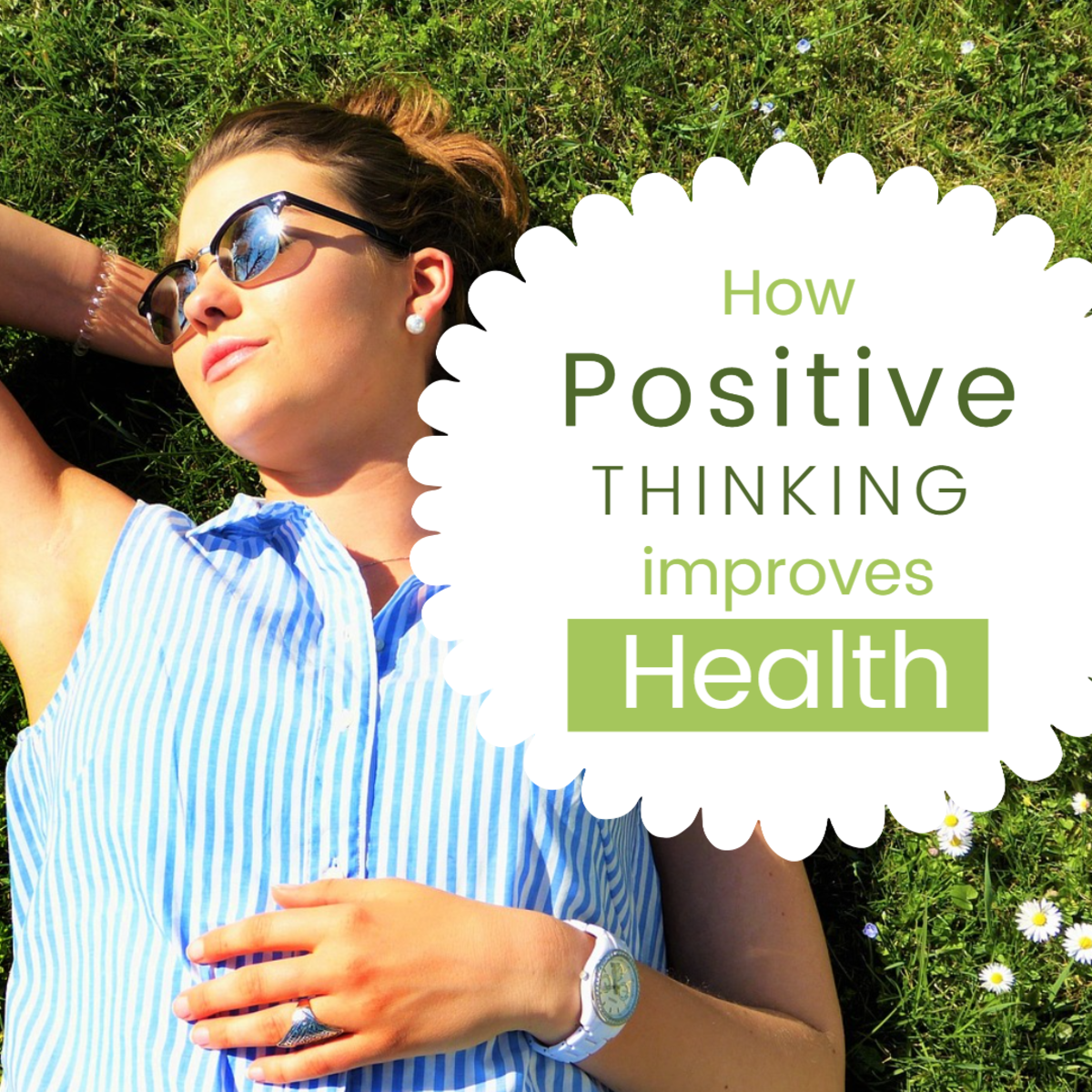Sunny Side Up: Secrets of Optimists

What's "Up" With Optimism?
Optimism is defined as, "A disposition or tendency to look on the more favorable side of events or conditions and to expect the most favorable outcome; the belief that good ultimately predominates over evil in the world; the belief that goodness pervades reality". Those who see themselves as optimists are always looking for and expecting to find the good in any situation, and on the whole, tend to be happier and more satisfied people. They are the "glass is always half-full" thinkers. Even in the light of tragedy, optimistic people are there to raise everyone else's spirits and keep things moving forward. Optimism is the belief that things will be better in the future, just like little orphan Annie singing, "the sun'll come out- tomorrow".
Is Optimism Nature or Nurture?
Technically, optimism is both an evolutionary adaptation and a learned behavior. If humans didn't have the capacity to hope for a better future, then the species would've died out long ago because our forebears wouldn't have felt the need to reproduce. It is also a learned behavior; somewhere along the way, an optimist was shown how to look for the positive side of things, even if it was by subtle means. Even though our ancestors recognized that rationally death would eventually come to all beings, the irrational notion of being optimistic about the future is what kept propelling the species forward; so technically our brains are hardwired to be optimistic because that is what tells us not to give up.

The Benefits of Being Optimistic
Aside from being more upbeat, what other advantages do optimistic people have over pessimistic people? A number of studies have shown that optimists tend to work longer hours and earn more, as well as save more money than their pessimistic counterparts. Physically, optimists tend to have lower stress levels, better cardiac function and are more likely to recover from certain diseases. They are also more likely to stick to healthy diets and take vitamins. So quite literally, a person's mindset can improve their general health and overall well-being, even though they are just as likely as the next person to get sick.
How Do They Do It?
So how do optimistic people continually find the good in every situation when there is so much negativity around? When the news is constantly filled with stories of disasters and tragedies, it would seem that the world is a very harsh and depressing place, and it is; optimists don't have anything wrong with their perception of reality. They don't go skipping around in La-La Land with their heads in the clouds, paying no attention to the negative things around them. Optimists are just as grounded in reality as pessimistic people, but the difference is in their perspective, or how they view external events.
A pessimist is one who makes difficulties of his opportunities and an optimist is one who makes opportunities of his difficulties.
— Harry TrumanSecret #1- "Things Could Always Be Worse"
When faced with a negative situation, an optimistic person's first reaction is usually, "Well, things could always be worse". An optimist uses their brain's natural ability to imagine a situation that could be far worse than what they are currently experiencing, while a pessimist focuses only on the present negativity. For example, if both an optimist and pessimist were in a fender bender, the optimist would say, "Wow, that could've been much worse; at least no one was injured". The pessimist would say, "Just look at my car! This is a disaster!" The optimist can visualize in their head a much worse car accident, such as one with significant injuries, and compare it to the present situation, which doesn't seem as bad. This ability to compare what is to what could be helps the optimist process the event and move forward with what needs to be done.

Secret #2- Be Grateful
Optimistic people tend to be grateful for what they have, instead of constantly wishing they had something else. That's not to say that optimistic people don't wish for things or different circumstances, but they tend to be more satisfied with what they already have. They understand that whatever situation they are currently in is temporary and likely to improve in the future, so if they can be satisfied with the moment, then they will be even happier when their situation improves. By contrast, pessimistic people tend to say things like, "If only I had ____, I would be happier", and depend more on outside influences to make them happy; optimists find contentment within themselves.
Secret # 3- Don't Sweat the Small Stuff
Optimistic people have the ability to quickly analyze a situation and decide if it is a priority or not. They typically don't get themselves worked up over small problems that are easily solved or can be put aside to be dealt with later, and instead save their mental energy for dealing with very big problems. Going back to the example of the fender bender, an optimist might see a dent in the door and immediately assess the situation to see if whether or not it poses an emergency situation. If the door still opens and shuts properly and no major damage has occurred, then the worry is laid aside to be dealt with at another time. On the flip side, a pessimist might see the same dent and worry themselves to death until it is fixed, expecting the worst possible outcome (such as the car would be totaled).
Life is a shipwreck but we must not forget to sing in the lifeboats.
— VoltaireSecret #4- Learn From Everything
Optimists use every situation, whether good or bad, as an opportunity to learn and grow. Instead of the pessimistic view of saying, "Why does this always happen to me?", the optimistic person says, "What can I learn from this experience?" The optimist understands that they are just a very small player on the universal stage and that the world does not revolve around them; therefore, there is no feeling that the world conspires against them to make negative things happen. Optimists realize that negative things happen regardless because there are larger forces at work. Instead of thinking the world is out to get them, optimistic people tend to think that the world is trying to help them understand some universal truth through their experience.

So Now What?
There are certainly a lot of perks to being an optimist and "staying on the sunny side of life". Optimistic people are generally less stressed because they can take things in stride; they are more content because they are thankful for the blessings they already have; they are usually healthier because they tend to take better care of themselves; they are more resilient at overcoming failures and losses because they have faith that their situation will improve; they work longer and earn more because they can visualize being in a more positive place in the future; and they benefit from observing how they can learn from negative experiences.
If a person isn't in the positive place they want to be in life, perhaps they should take a word of advice from an optimist and "chin up buttercup"!











